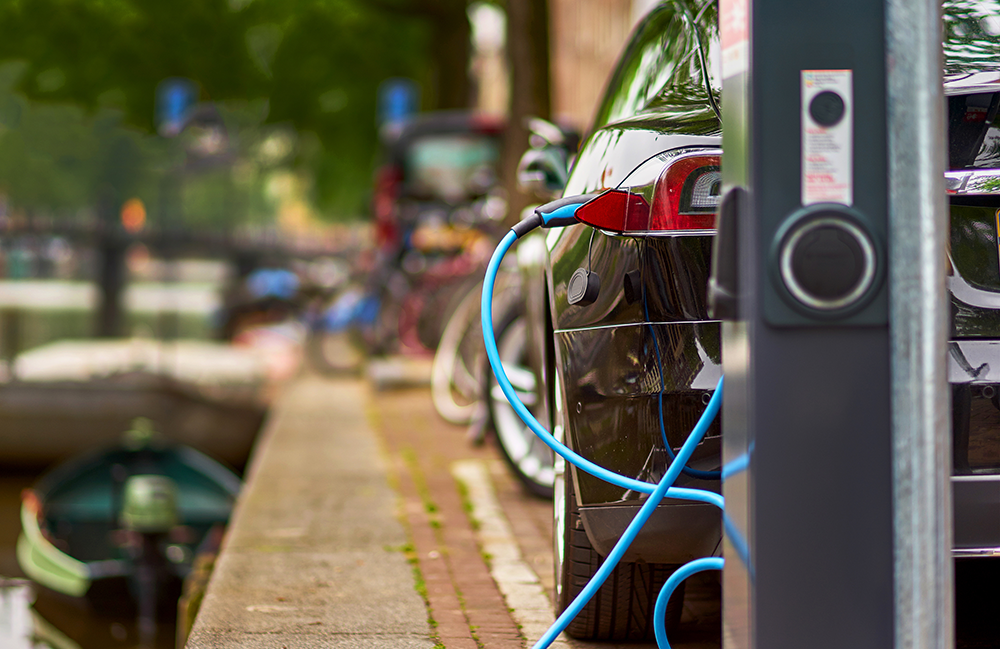The Dutch used car market is in constant shift. For used car professionals across the Netherlands, the terrain is increasingly shaped by supply shocks, evolving consumer behavior, regulatory pressure, and digitalization. What was a relatively stable segment a few years ago has become a dynamic space that demands sharper strategy, leaner operations, and faster adaptation.
Here is what used car professionals need to know on the Dutch used car market.
A tight supply
Ever since the pandemic disrupted global vehicle production, the flow of new cars, and consequently, off-lease and trade-in vehicles, into the Dutch market has been constrained due to global automotive semiconductor shortage but also high inflation rate. While factories are back online, chip shortages, shipping delays, and a slow return to normal in leasing cycles have meant that fresh used inventory remains tight.
The result? Higher prices, thinner margin, and increased competition for quality stock. For used car professionals, sourcing has become both more expensive and more complex. Auction prices are still inflated, and dealer trade-ins have dropped as consumers hang on to their vehicles due to economic uncertainty and high replacement costs.
Ongoing semiconductor shortages have significantly impacted vehicle availability and pricing, with buyers adapting by shifting preferences to what is available.
Build stronger B2B sourcing partnerships and tap into alternative inventory sources, including private sellers and cross-border imports.
Electrification is gaining ground
The Netherlands has been one of the frontrunners in Europe when it comes to EV adoption. But the used EV market is still maturing. While new EV sales are climbing steadily, the availability of second-hand electric vehicles is still limited, and their resale values volatile.

Used car professionals face a tricky balancing act: stock EVs too early, and risk holding slow-moving inventory with uncertain depreciation curves. Wait too long, and risk being behind consumer demand and regulatory shifts (such as upcoming emission zone restrictions in cities like Amsterdam and Rotterdam).
In January 2025 alone, over 11,000 new EVs were registered in the Netherlands, a 28% increase from the previous year. It represents 34% of all power sources for the month (32 800 vehicles). In comparison, hybrids represent 29% (9 500 vehicles), petrol 19% (6 388 vehicles) and diesel less than 1% (270 vehicles).
Despite this, EVs still form a small share of the used inventory, highlighting the time lag between new adoption and secondary market saturation.
Watchlist: Battery health diagnostics, real-world range, and charging history are becoming essential metrics in EV appraisals.
The role of regulations
The Dutch government continues to tighten regulations around vehicle emissions, ownership taxes, and city access. For used car professionals, this means an ongoing shift in the desirability of certain vehicles.
- Older diesel cars are becoming harder to sell, especially in urban markets.
- Hybrids and low-emission petrol vehicles are holding value well.
- BPM reforms are already impacting pricing: as of 2025, the fixed BPM rate increased from €440 to €667, and fully electric vehicles are no longer exempt.
Professionals dealing in cross-border trade, particularly with Germany and Belgium, need to watch these developments closely. What’s profitable today could be a compliance headache tomorrow.
Digital-first dealerships are winning
Consumer behavior has changed. Car buyers are doing more research online, making faster decisions, and expecting transparency in pricing, condition, and vehicle history. For used car professionals, this means online presence is no longer optional, it’s the front line.
Digital retailing platforms are now central to lead generation. But standing out on these platforms requires more than just listings. High-quality photos, accurate descriptions, full maintenance history, and price competitvness are now baseline expectations.
On MotorTrade, we provide extensive vehicle descriptions and pictures to help you purchase vehicles with confidence. We also provide SOH certificates on BEV’s to support our used car buyers with valuable insights on condition and guarantees.

Price sensitivity and financing
Despite rising inflation and a cautious consumer sentiment, the demand for used cars in the Netherlands remains solid. However, price sensitivity is increasing. Shoppers are weighing financing terms and monthly payment structures more than ever.
Used car professionals can gain an edge by offering flexible financing solutions in-house or via partners, and by being transparent about total cost of ownership (TCO), especially for EVs and hybrids where maintenance and energy costs differ.
The importance of data
The Dutch used car market is expected to grow at a CAGR of over 3% through 2033, driven by affordability pressures and increased reliance on digital retail channels.
There’s an increasing number of tools available, that provide real-time insights. Used car professionals who aren’t leveraging these are already behind.
Conclusion
The Dutch used car market isn’t what it used to be, and that’s both a challenge and an opportunity. For professionals in this space, success in 2025 hinges on agility, data-driven decisions, and the ability to evolve with market force and consumer expectations.
Stay sharp, stay digital, and don’t wait for the market to normalize, because this is the new normal.


